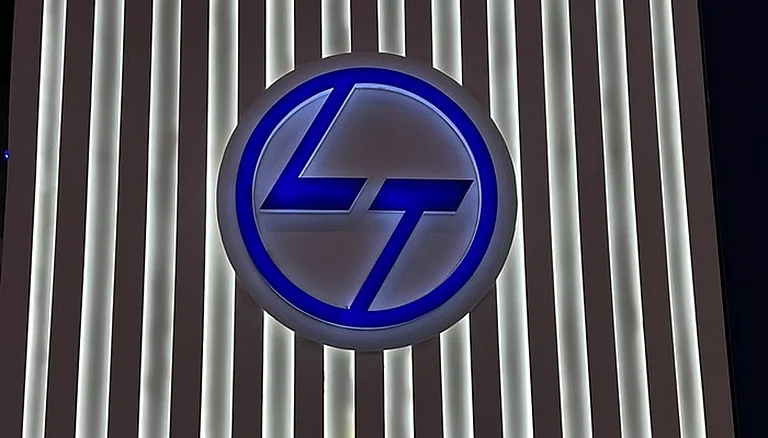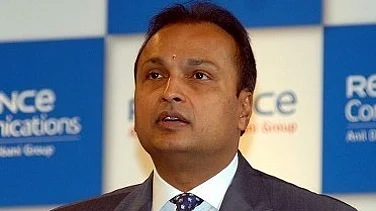The Adani Group has lost $100 billion in market value as its stock have been facing relentless selling pressure after the US-based short seller Hindenburg’s accused the conglomerate of fraud and stock price manipulation. Subsequently, the allegations led to domino effect of large financial institutions like Citigroup, Credit Suisse, and others distancing themselves from providing margin loans against Adani Group securities.
Meanwhile, the Reserve Bank of India (RBI) has sought details about lenders' exposures to the Adani Group, banking sources told PTI, after the conglomerate withdrew the Rs 20,000-crore follow on public offer (FPO) of its flagship firm Adani Enterprises amid the steep fall in its stock prices.
Many a time bank lending happens against pledged securities and a massive fall in the price of the equity shares of the Adani group's 10 listed entities could have accordingly lowered the value of the pledged securities.
With the rout in Adani Group shares some analysts have cautioned of systemic risk and it can lead to non-performing asset (NPA) crisis for the banking sector.
“It might lead to an NPA crisis in banking sector as we do not know the extent of problem but at the same time it is not like Adani Group's businesses have shut and cash flows are not there but again its valuations were so irrational and the selloff has ignited fears of a systemic failure”, a source told Outlook Business.
When a company is highly leveraged then it should focus on building cash flows but Adani Group was expanding at fast pace rather than focusing on generating cash flows. It has become a systemic risk because company losing 70-80 per cent of market cap in a matter of days is not understood in anyway, the source added.
However, Deven Choksey of KR Choksey Securities differed from this opinion and said that the bank loans availed by Adani Group are backed by strong assets.
“Banks are secured against whatever lending they have done and frankly speaking the stock price has come down but the profitability has not come down and if the profitability has not come down and the company is serving its creditors and others then where is the question of solvency issue for the company,” Choksey said.
Another source with a leading stock broking house says that exposure of Indian banking sector is very low to the company and it has solid assets.
“For example, Bank of Baroda has exposure of Rs 2,000 crore to Adani Group and it has a total loan book of Rs 10 lakh crore in that case Rs 2,000 crore is not much and I do not think there will be a systemic impact of rout in Adani Group stocks,” the source said.
Meanwhile, Finance Secretary TV Somanathan in an interview to NDTV said that risk to the state-run Life Insurance Corporation of India (LIC) and State Bank of India from the Adani Group's stock market plunge is limited.
"SBI and LIC's exposure to any given company is far below the level where it should be a concern to any investor in the banks or in the insurance policies. It is tiny. The fate of one company will not affect any of these institutions significantly and therefore there is absolutely no cause for concern for either depositors or policyholders or investors in any of the nationalised banks or insurance companies," he told NDTV in an exclusive interview.
While the market rout has had a major impact on Gautam Adani’s net worth and his business operations it is yet to be ascertained whether the impact will overflow to India’s banking sector.































